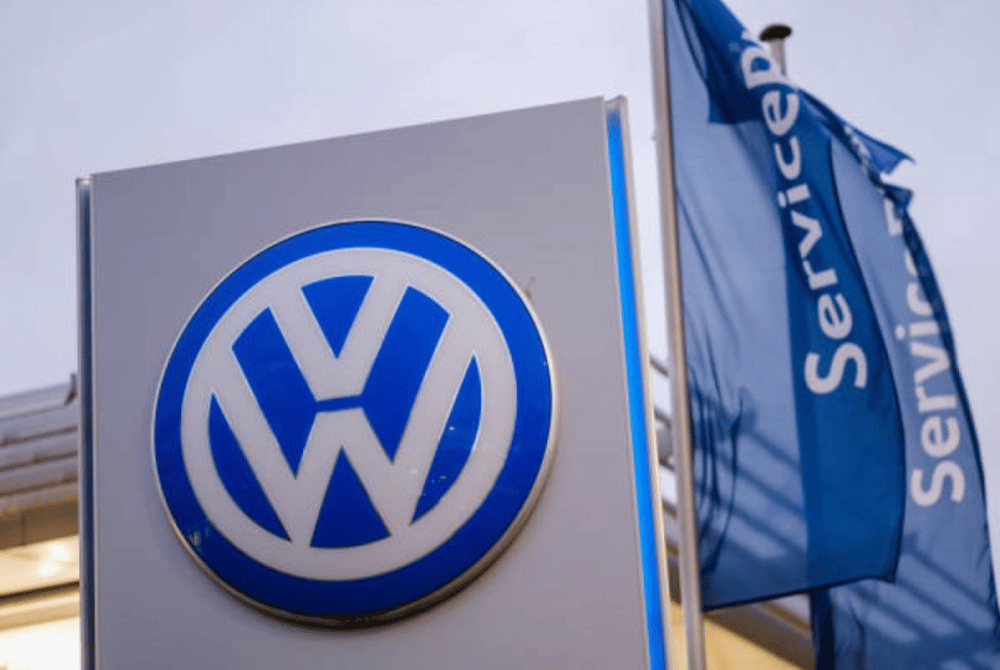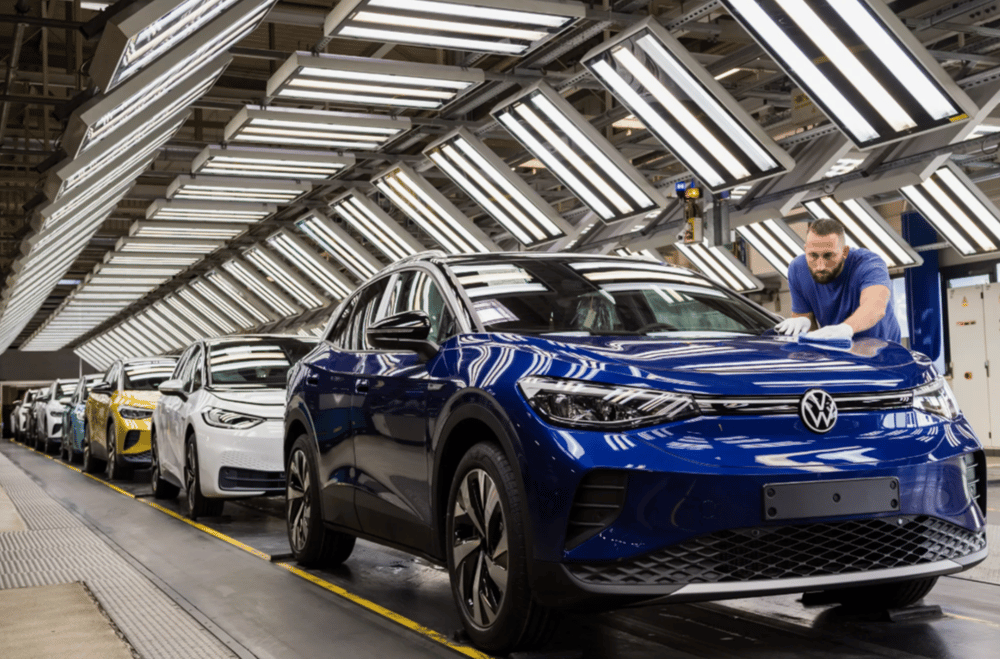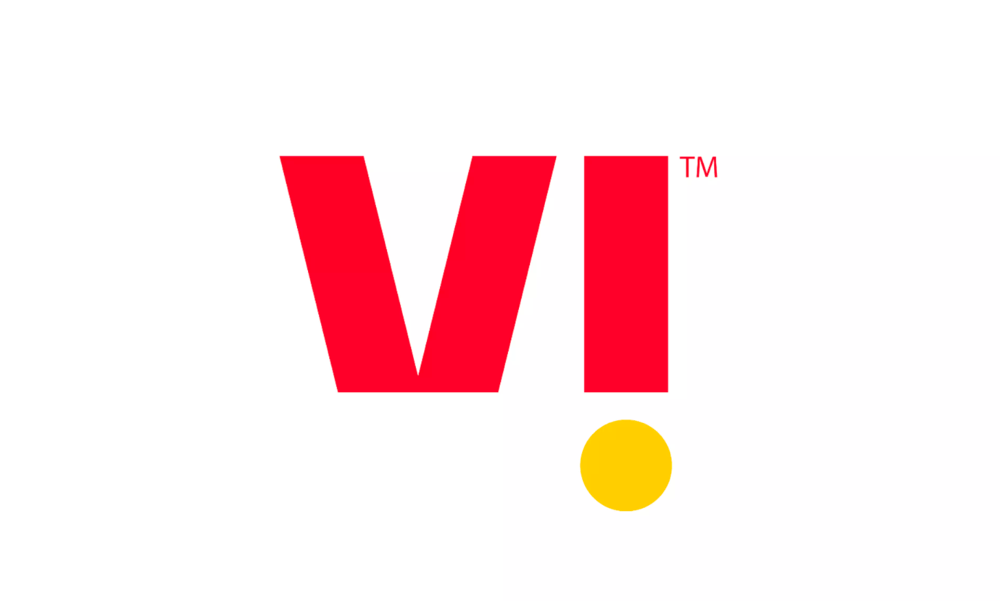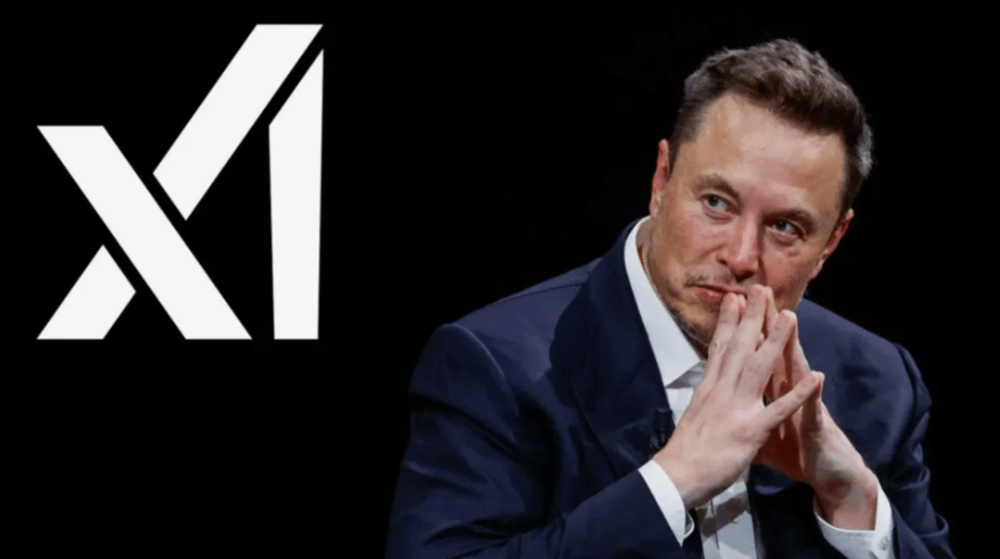Volkswagen and the European Auto Industry Navigating Market Challenges
Volkswagen's revenue for the first quarter of 2023 fell short of analysts' expectations, decreasing by approximately 40%. This decline can be attributed to substantial expenses related to penalties for failing to meet EU carbon emission targets. Additionally, U.S. tariffs on automobiles apply further pressure on Volkswagen's financial performance.
Despite the revenue downturn, Volkswagen's shares saw a significant increase of 8.2%. This boost came after the U.S. administration announced a 90-day pause on tariffs, alleviating market concerns temporarily. However, the 25% tariff on car imports remains in effect, significantly impacting the European automaker, which is a major player in the global market.
Impact of Tariffs and Penalties
1. U.S. Tariff Policy: The implementation of a 25% tariff on automotive imports from Europe has markedly reduced Volkswagen's competitiveness in the American market, affecting its revenues.
2. EU Environmental Penalties: Non-compliance with tightened EU carbon emission standards led to considerable fines, further impacting the company's financial results.

Optimism in the Market
Amid these changes, the European auto sector experienced an upturn, with the corresponding index rising by 4.9% at 08:14 GMT. Despite the pressure from tariff barriers, the broader European index climbed by 7.9%, signaling positive news for market participants.
Under industry pressure, the European Commission proposed easing emission benchmarks, which many automakers are unlikely to meet. This proposal could reduce potential fines by billions of euros, offering financial recovery opportunities for companies like Volkswagen.
Future Prospects
EU policy changes may play a crucial role in stabilizing Volkswagen's position. Combined with the U.S. temporary tariff pause, this could provide the company with a window to adapt and develop new strategies. However, long-term resilience will depend on how well Volkswagen and other European players comply with increasingly stringent environmental norms.
In summary, facing current challenges, Volkswagen and the entire European automotive sector must rapidly adapt to maintain their market position and minimize losses from tariff and environmental policies.















Comments